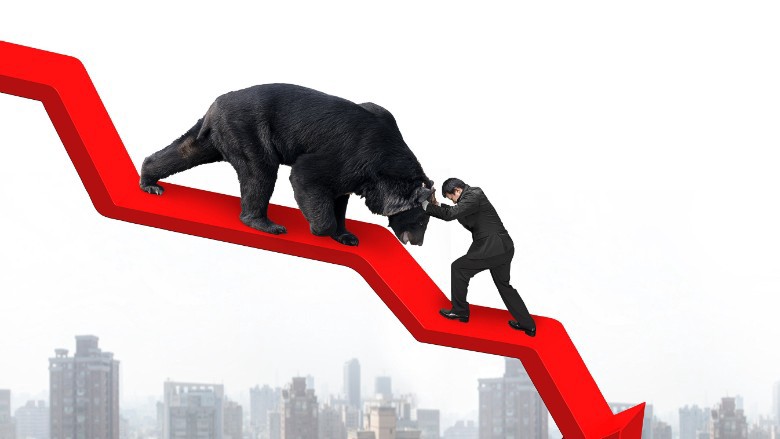
It has been a week since the budget, the hue and cry of long-term capital gains on equity was the epicenter of most discussions among serious equity investors. Was it correct to have a tax on gains arising equity? What really is grandfathered? Is that even a word? Why is it used in the context of taxation? Talking about grandparents, one can relate to unconditional gifts, so was there a gift in the budget for the investors? Long-term capital gain tax is now a reality how does that impact the life of an equity investor? Amongst all problems are there any solutions?
What really happened?
1.Gains arising out of Equity are now taxable at the rate of 10% flat without indexation, only gain up to 1 lac is exempted.
2.Dividends from Equity Mutual funds were tax-free, now there is a dividend distribution tax of 10%.
Was it unexpected?
In India, there are only four asset classes namely, Real estate, Debt also called deposits, Gold and Equity. Before 1st Feb 2018, three of the above mentioned four asset classes attracted a long-term capital gains tax and one was free, Isn’t that odd? Most developed nations tax all assets and few nations tax none of the assets, I am talking about the notorious tax heaven countries of the world. But taxing three assets brutally and not taxing the fourth is eccentric, therefore the veterans of the capital markets had been anticipating long-term capital gain tax on equity, when and how much were the questions.
What does grandfathered mean?
Buy an asset, later, sell it! If there is a profit, pay tax!
In India, Tax is payable only when an investor sells the asset, example a piece of land bought 40 years ago, does not attract tax for 39 years, but when it is sold, that year, the tax is payable. Therefore until the asset is sold, the transaction is open and gains are unrealized. Now, What if tax law changes? Imagine a change in the Tax law while the investor was holding the asset, should the change in tax law be applicable for open transactions where the asset has not been sold yet?
Past data suggests that the change of tax law impacts all open transaction example in the previous budget the indexation slab for real estate investments changed, was that applicable to all open transactions? Yes! Going further in past, remember the increase of holding period for long-term capital gains for debt was increased to 3 years from 1 year in 2014, was it applicable to all open transactions? Yes!
This time is different!
In the case of Equity, a change in tax law has happened however all open transactions have been grandfathered or closed which basically means all unrealized gains have been booked tax-free as on 31st Jan 2018. This is a massive gift for long-term equity investors. Equity markets have done exceedingly well over last 2 decades, therefore the unrealized gains of long-term investors are massive, so had it not been grandfathered, all those investors would have rushed to book their gains thereby creating havoc on D street.
What should an investor do now?
A Tax of 10% is payable on long-term gains without indexation without considering one’s income tax slab. That sounds uniform? Right? All investors shall pay the same tax, that 10%? No! Some investor will pay more and some will pay less, depending on one’s investment habits, how?
Here’s the catch, the tax is payable when you sell, unlike in the US where it is to be paid on notional gains at the year-end. Therefore though one has to pay the tax, one can still defer paying it, but is it profitable to defer paying tax?
Yes!
Over long periods of time, If an investor holds on to the investments, the tax is not paid, that amount then stays invested and compounds. For example 1 lac invested at a pre-tax yield of 15% generates a post-tax yield of 13.5% after one year, however, if one stays invested for 10 years the same 15% pre-tax yield, generates a post-tax yield of 14.1%.
To sum up
Staying invested in equity for long periods of time shall be more tax efficient than casually churning stocks or mutual fund portfolios. This calls for greater research and responsibility while choosing products. The relevant changes in the portfolio can be made in the old tax regime before 1st April 2018.




